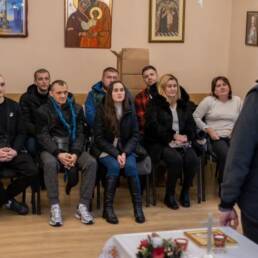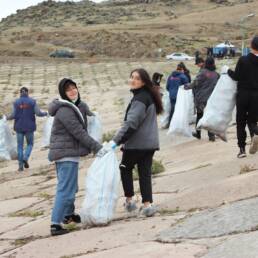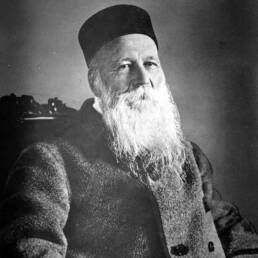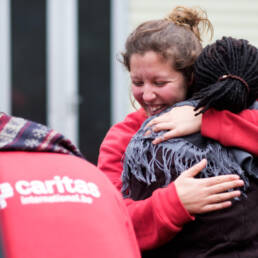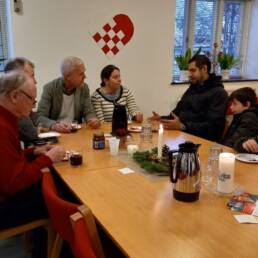Author
Dries Deweer
Assistant Professor of Ethics and Political Philosophy
Tilburg University
I am writing you on day 16 of the Belgian stay-at-home order. Today, I was supposed to deliver the keynote lecture at Caritas Europa’s Spring Academy in Ghent. It goes without saying that the event is not taking place.
On the bright side, now I have some extra time to reflect on what is happening to the world. In that regard, I noticed that many of my neighbours use their imposed time at home to mow their lawn. Given the fact that we still have night frost in Belgium, that is a strange thing to do. Nevertheless, I can understand the urge. What else is there to do in isolation?
Voltaire’s Candide
The situation reminds me of Candide’s conclusion in Voltaire’s famous story of the same name: Il faut cultiver notre jardin (We must cultivate our garden). The great French Enlightenment philosopher wrote Candide, ou l’optimisme (1759) as a satirical fairy-tale. The main character travels the world, going from one disaster to another tragedy. Candide gets entangled in civil war, which he flees to end up in the middle of an earthquake. Afterwards, he is subject to religious persecution, which forces him to find refuge overseas, where he falls prey to a tribe of cannibals. Poor Candide is continuously confronted with the whims of nature and the filth of humankind. Current events seem befitting of Candide’s world, with all kinds of wars, earthquakes, and – most prominently – the pandemic that shocks the globe.
Read the full reflection above.
About the author
Dries Deweer is Assistant Professor of Ethics and Political Philosophy at Tilburg University (The Netherlands). He wrote his doctoral dissertation at KU Leuven (Belgium) on the political philosophy of Paul Ricoeur, supported by a PhD-fellowship of the Research Foundation (FWO) – Flanders. This dissertation was awarded the five-yearly Mgr. Arthur Janssen Prize for Christian Ethics. He pubIished the book Ricoeur’s Personalist Republicanism. On Personhood and Citizenship (Lexington 2017) and (together with political scientist Steven Van Hecke) he edited a book for a general audience on the contemporary social and political relevance of personalist philosophy (De mens centraal. Essays over het personalisme vandaag en morgen, Pelckmans Pro 2017).


